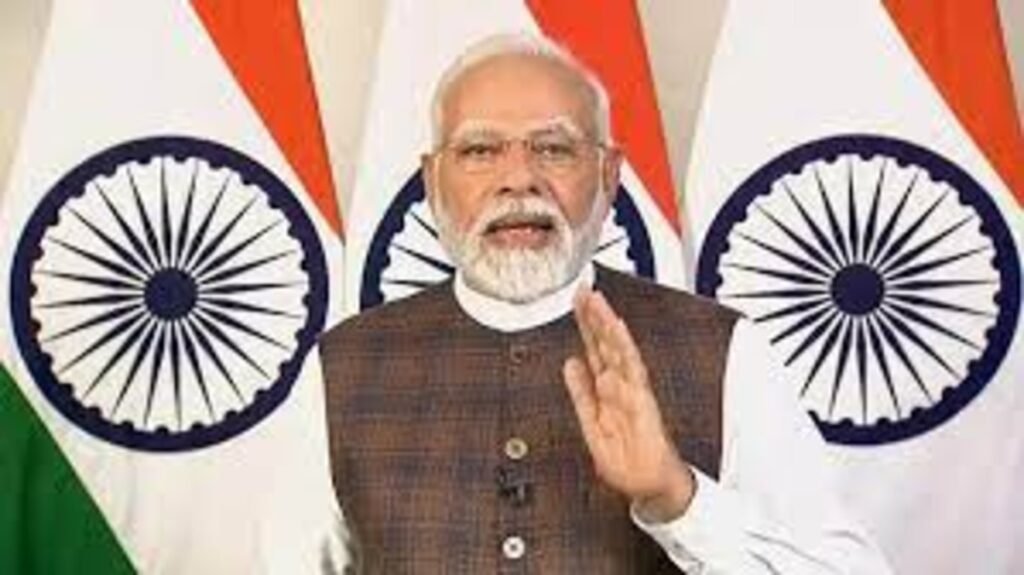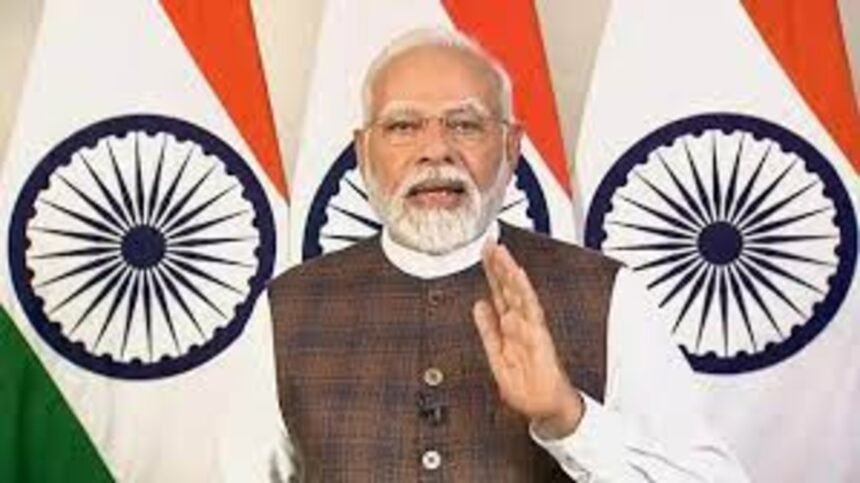September 3, 2023
Introduction
In a candid interview with news agency PTI, Prime Minister Narendra Modi outlined his ambitious vision for India’s future. Speaking ahead of the upcoming G20 summit in New Delhi, the Prime Minister emphasized that India, with its rich history and diverse population, is poised to become a developed nation by 2047, marking 100 years of Independence.

Prime Minister Modi’s vision for India extends beyond economic growth. He unequivocally stated, “India will be a developed nation by 2047; corruption, casteism, and communalism will have no place in our national life.” This declaration underscores his commitment to eradicating social and political ills that have plagued the nation for decades.
The Prime Minister’s words also shed light on India’s changing global role. He pointed out that the world increasingly looks to India for guidance and sees the nation as a source of inspiration. “Our words and vision are seen by the world as a roadmap for the future and not merely ideas,” he asserted. This signals a shift from a purely GDP-centric view to a human-centric perspective, with India at the forefront of this transformation.
Highlighting India’s demographic advantage, Prime Minister Modi emphasized the potential for a massive demographic dividend over the coming decades. He stated, “Indians today have a great chance to lay the foundation for growth that will be remembered for the next 1,000 years.” India is no longer viewed solely as a vast market but as a partner in solving global challenges.
Political Opponents Addressed
The Prime Minister did not shy away from addressing political opponents and their “freebie culture.” He cautioned against irresponsible financial policies and populism, emphasizing the long-term social and economic costs of such approaches.
Prime Minister Modi’s comments also resonated with India’s role on the global stage. He pointed out that India’s G20 Presidency has instilled confidence in countries of the Global South, highlighting their crucial role in global growth. This comes as the government has consistently voiced the concerns and issues of these nations on international platforms.
The theme of India’s G20 Presidency, ‘Vasudhaiva Kutumbakam,’ reflects a comprehensive philosophy derived from India’s cultural ethos. It underscores the nation’s commitment to addressing the needs of the most marginalized, both domestically and globally.
Regarding India’s stance on the Russia-Ukraine conflict, Prime Minister Modi reiterated the importance of dialogue and diplomacy in resolving conflicts. India’s neutral stance and its decision to continue buying fuel from Russia despite sanctions have been met with criticism, but the Prime Minister defended these decisions as actions taken in the best interest of Indian citizens.
Lastly, Prime Minister Modi addressed the issue of climate change, emphasizing that there are no one-size-fits-all solutions. India has been calling upon developed nations to do more in the fight against climate change, underscoring its commitment to a sustainable and equitable future.
Conclusion
As India gears up to host the G20 summit, Prime Minister Modi’s words serve as a rallying cry for a nation on the path to becoming a developed powerhouse, leaving behind the shadows of corruption, casteism, and communalism, and embracing a future of inclusive growth and global leadership.






